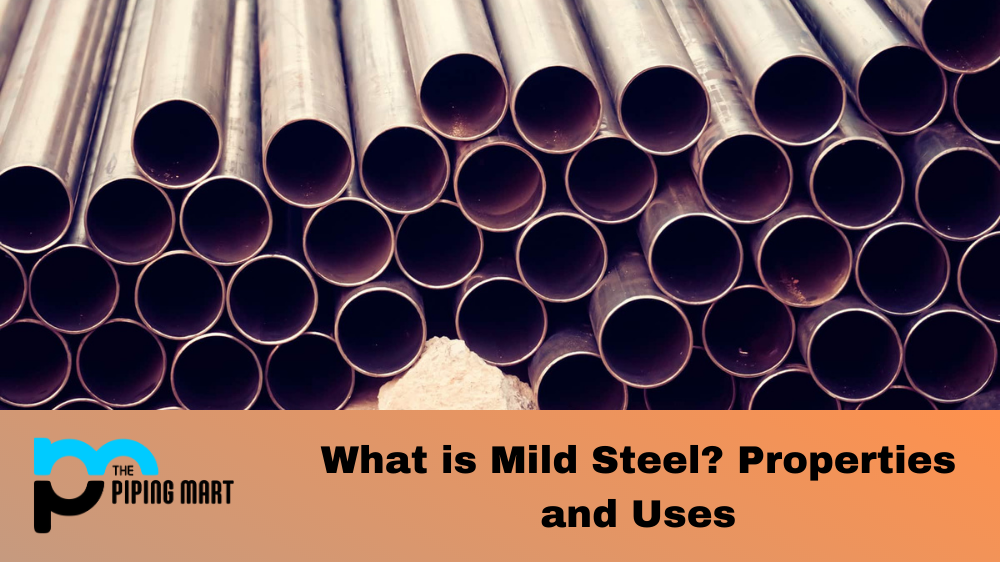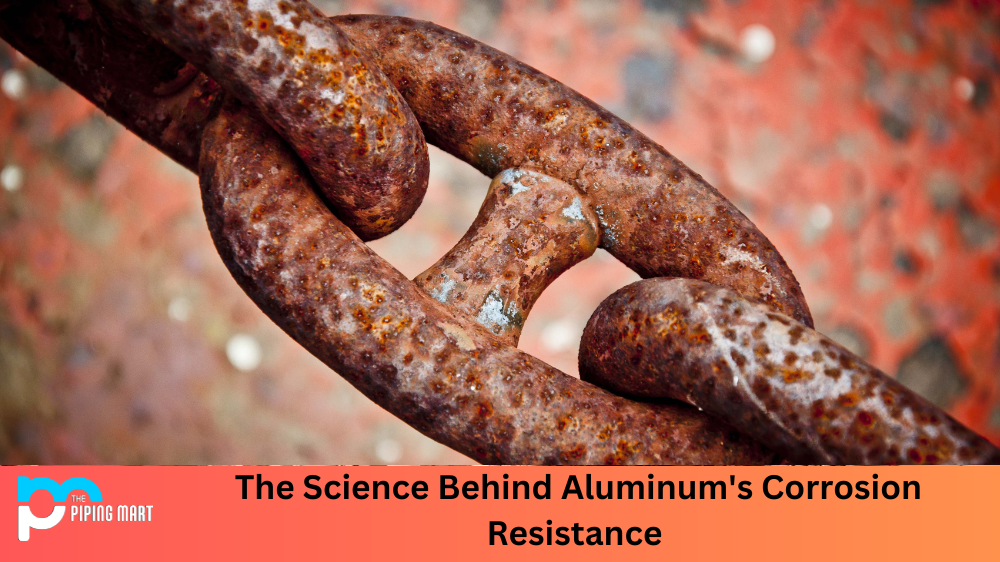Nickel and iron are the most commonly used metals in many industries. Both metals have many similarities, but their differences are profound, and it’s important to understand them if you plan on using either one for your application. This post will look at nickel and iron to compare their properties, uses, and more.
Physical Properties
Nickel is a silvery-white metal with a high melting point (1453 °C) and low electrical conductivity (6.84 MS/m at 20 °C). It is malleable, ductile, and magnetic, with a density of 8.90 g/cm^3 at 20 °C. Iron is another malleable metal with a medium melting point (1538°C) and electrical conductivity (9.71 MS/m at 20°C). Its density is 7.86 g/cm^3 at 20°C.
Uses
Nickel is used in many industrial applications such as batteries, electroplating, stainless steel production, chemical production, coatings for cutting tools or dies, and other things requiring corrosion resistance or heat resistance. Iron is mainly used for its strength in making steel products such as vehicle parts, construction materials like rebar used to reinforce concrete foundations or beams used in building structures, and other components that require great strength or durability from wear and tear over time, like plows on farm equipment.
Corrosion Resistance
When exposed to air or moisture, both metals will rust. Still, nickel has higher corrosion resistance than iron due to its ability to form a protective oxide layer on its surface when exposed to oxygen which helps prevent further corrosion from occurring over time. Iron oxidizes quickly when exposed to air or moisture, so it requires regular maintenance if it’s going to be used outdoors or in wet environments where corrosion can occur faster than normal due to exposure to water or other elements that cause rusting, such as acids from rainwater runoff from nearby factories or power plants, etc.
Conclusion:
In conclusion, nickel and iron are two very different metals with different properties that make them ideal for various applications depending on what you need them for. Nickel has higher corrosion resistance than iron, but it also has lower electrical conductivity, which makes it better suited for certain jobs like batteries iron can be relied upon for strength since it has higher electrical conductivity but lower corrosion resistance, so regular maintenance may be required when using it outdoors or in wet environments where rust can build up faster than normal over time if not taken care of properly. Understanding the differences between these metals will help you determine which one best suits your needs in any given situation so you can get the job done right!
Meet Heer, a dynamic and driven writer learning tricks of her trade in the metal industry. With a background in Digital Marketing, Heer brings a unique perspective to her writing, sharing valuable insights. Apart from blogging she like reading and hiking.




